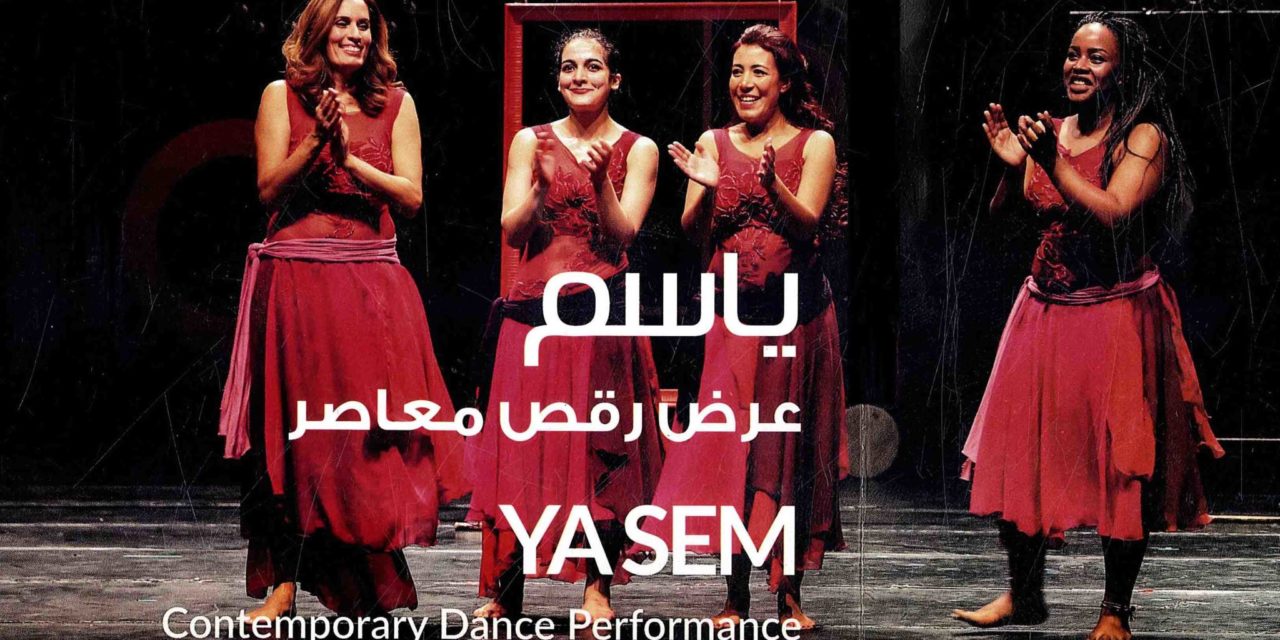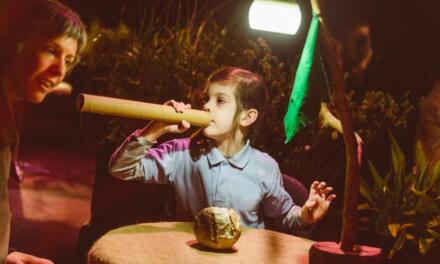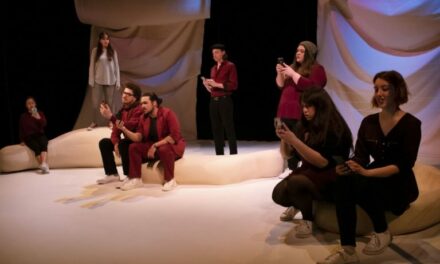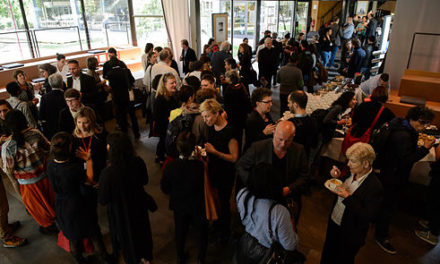The 23rd Cairo International Festival for Contemporary and Experimental Theatre opened Tuesday, September 20, 2016 at the Cairo Opera House. It was presided over by Dr. Sameh Mahran and featured 31 performances from around the world: 17 from foreign and Arab countries, and 14 from Egypt. It continued until September 30.
At a press conference, Mahran stated that the Egyptian Ministry of Culture, beginning with the next edition, dedicated a fixed portion of its assigned budget to the festival. Festival funding has long been scattered across several institutions of the ministry.
“This edition of the festival has many vital additions: first, the administration depends now on teamwork. Second, it is the first time for the festival to have two women directors, namely Dr. Dina Amin and Ms. Mona Soliman,” said Mahran. “Moreover, in this year the festival board cancelled competition between participating troupes, following in the footsteps of other international festivals. The board also ruled out choosing the participating foreign performances according to political or geographic representation of the countries.”
Mahran added that this edition of the festival witnessed the signing of a cooperation protocol with the International Theatre Institute ITI, presided over by Mr. Mohamed Al-Afkham. This protocol will benefit the Egyptian theatre movement, giving young people unprecedented opportunities to share experiences and performances at international festivals and to participate in workshops. Furthermore, the festival organizes certain workshops under the supervision of Dr. Dina Amin, whose responsibility is to ensure that the theatre workshops continue throughout the year until the next edition. The real importance of the festival, Mahran emphasized, is intercultural communication. Cultural institutions play a political role in converging nations’ viewpoints.
On a different note, Dr. Hassan Attia, who is responsible for seminars, said that the festival seminars will raise important intellectual issues related to the contemporary theatre movement. The first seminar addressed criticism by some Arab thinkers of the core ideas of experimental theatre during the last five years; terrorism and religious intolerance are two prominent examples. The second seminar explored how successful the theatre was in shaping the dramatic structure related to the moment. The third focused on Arab immigrants and on how they raise global awareness of Arab issues. There will also be a roundtable discussion by a number of international festival heads.
After winning the title “Best Performance” at Studio Emad Eddin’s 2b Continued festival in December 2015, and “Best Choreography” in the National Theatre Festival Competition 2016, Ya Sem, by Sherine Hegazy, returns as the closing act of the 2016 Cairo International Festival for Contemporary and Experimental Theatre. The contemporary dance performance combines dancing with live percussion. The performance sheds light on how a woman is viewed in our society and how the image of women in our culture has changed. It also explores the theme of the harassment that women currently face in a patriarchal society.
Ya Sem was performed by Sherine Hegazy, Amany Atef and Nagham Salah, with musical direction and live percussion by Sabrine El Hossamy. Choreography by Sherine Hegazy. Produced by Orient Productions & Studio Emad Eddin.
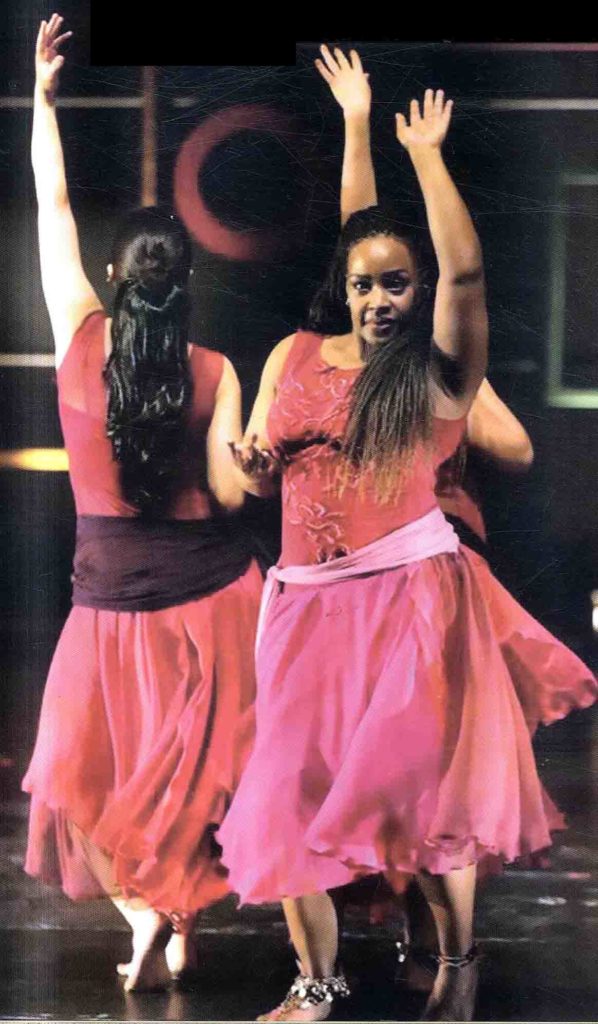 I’m the mother of all things
I’m the mother of all things
I’m the mother of the elements
The creator of worlds
The ruler of what’s above in the heavens
And what lies beneath in hell
I’m the center of divine powers
I’m the truth behind all gods
They all become only one form with me
I control the stars, the winds of the sea and silence of hell
People worship me in different ways and under different names
But my real name is Isis
Say your prayers with it
—Egyptian Chant, the Old Kingdom
This post was written by the author in their personal capacity.The opinions expressed in this article are the author’s own and do not reflect the view of The Theatre Times, their staff or collaborators.
This post was written by Nesma Youssef Idris.
The views expressed here belong to the author and do not necessarily reflect our views and opinions.

